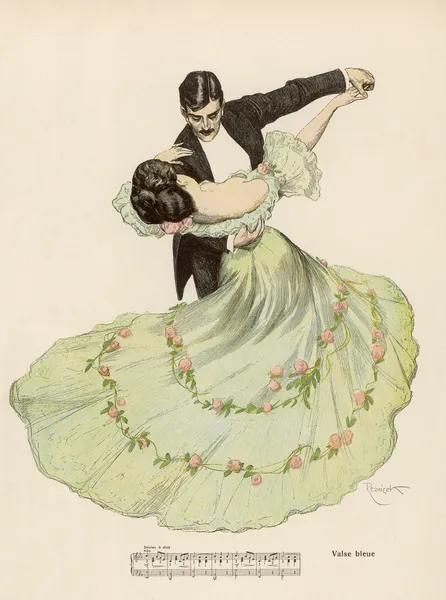

Most Popular Celtic Waltzes to Learn and Play
Waltzes hold a special place in Celtic music, both as dance tunes and as melodies appreciated for their structure and style.
Waltzes in 3/4 time have long been a cornerstone of Celtic music, offering graceful melodies that pair perfectly with dancing or casual listening. In this article, we’ll highlight some of the most popular waltzes to learn and play, showcasing tunes that musicians and dancers alike continually enjoy.
These tunes are favorites among musicians and listeners, as reflected by thesession.org's ranking of widely played and appreciated Waltzes in traditional Irish music circles.
Waltzes are a core part of traditional music sessions. Check out the YouTube videos below to hear these popular tunes performed—you can listen, learn, and play along to build your skills.
Sí Bheag Sí Mhór
Inisheer
Ashokan Farewell
Tabhair Dom Do Lámh
Fanny Power
The South Wind
Crested Hens
Planxty Irwin
Hector The Hero
Josefin’s
Final Thoughts

Waltzes hold a special place in Celtic music, both as dance tunes and as melodies appreciated for their structure and style. With their characteristic 3/4 time signature and emphasis on the first beat, they offer a distinct rhythm that allows dancers to move gracefully or musicians to showcase their skill. Their versatility means they can be performed in lively settings, such as céilís, or enjoyed as listening pieces with variations tailored to different regional flavors.
For those learning to play, waltzes provide an opportunity to practice phrasing, timing, and melodic ornamentation. Their relatively simple meter makes them accessible to beginners while still offering depth for more experienced players to experiment with expression and technique. Whether played briskly in traditional Irish settings or slower for more reflective performances, waltzes bring a balance to the repertoire.
By incorporating popular waltzes into their music, performers connect to a tradition that values both beauty in sound and movement. These tunes bridge the gap between structured dance music and standalone compositions, giving musicians and dancers alike a set of melodies that are both functional and enjoyable. As one explores these pieces, the enduring popularity of waltzes becomes clear, offering something meaningful to listeners and players in any setting.

What is Celtic Music?

